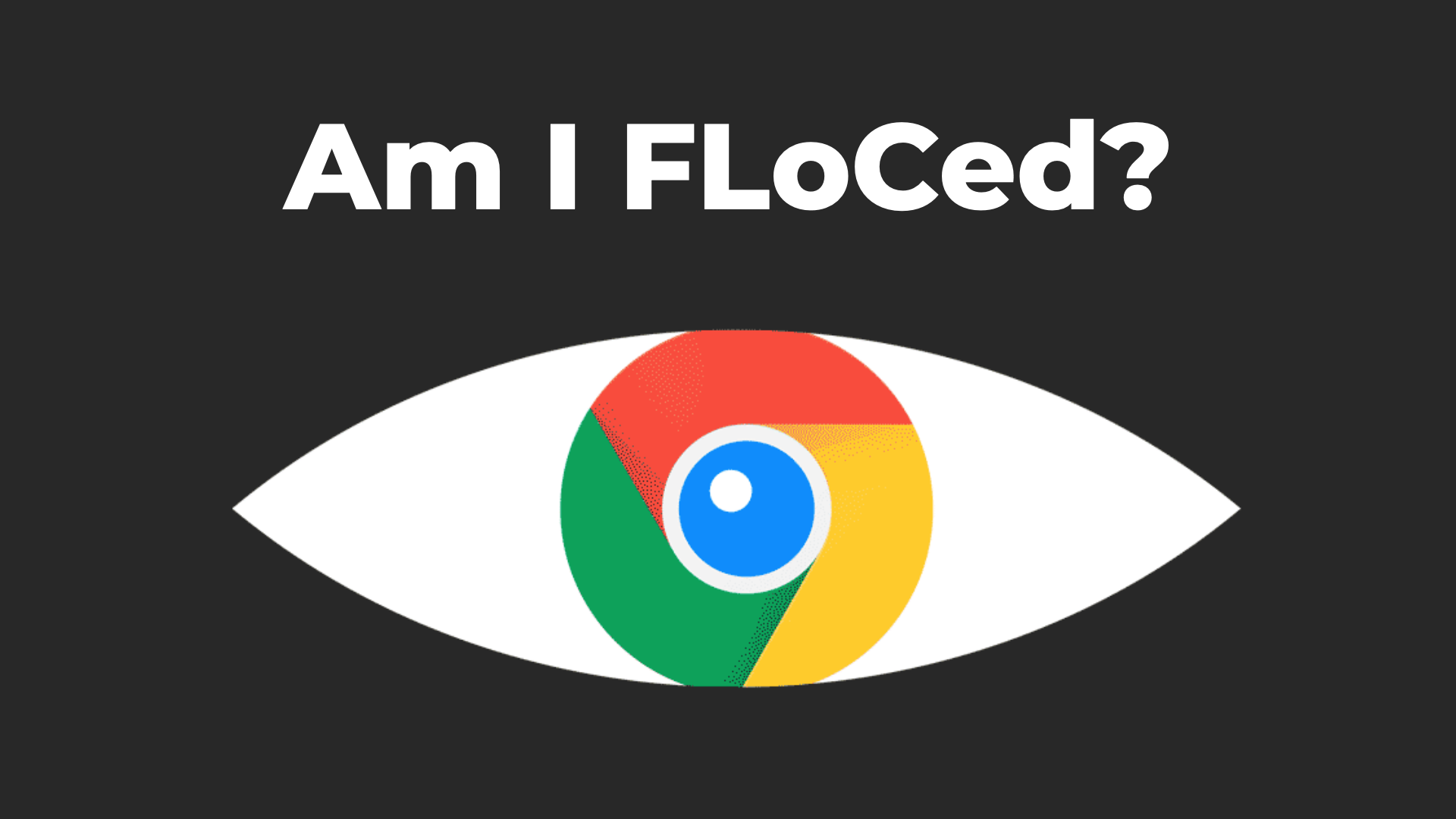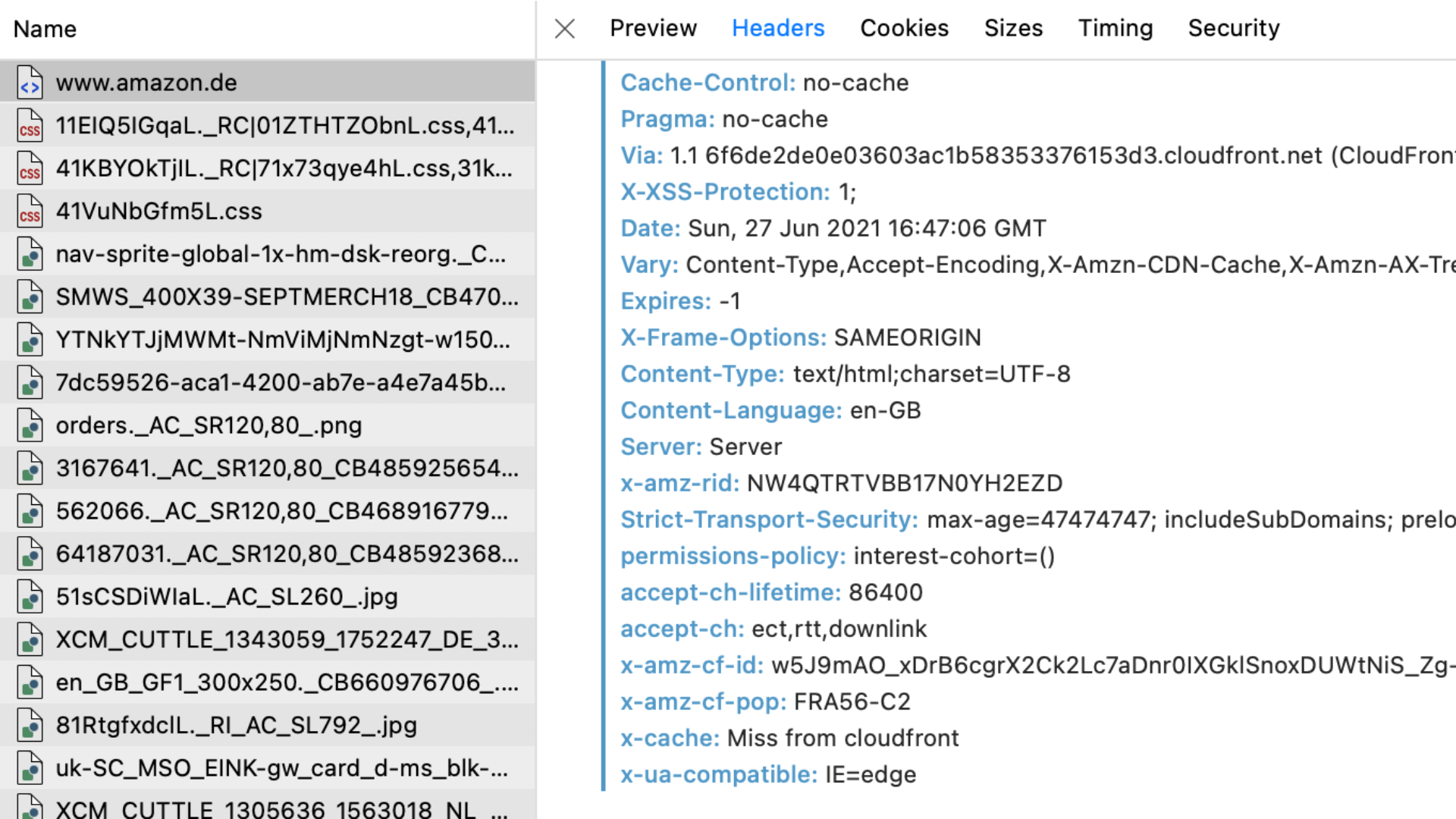Is FLoC doomed to fail?
FLoC is Google’s alternative for interest-based targeting, when third-party cookies are phased out in Chrome.

FLoC (Federated Learning of Cohorts API) is Google’s alternative to third-parts cookies used for interest-based targeting. Read how data collection helps Google to lock publishers and advertisers.
This year, Google started testing FLoC with Chrome and Ad Manager. According to Google, last quarter, Ad Manager has started sending FLoC IDs on ad requests for a small percentage of traffic.
Google wanted to validate if FLoC is operating as designed, and assured publishers there was no revenue or performance impact expected.
This month, Google announced that it was planning to conclude the origin trial in the coming weeks and incorporate input, before advancing to further ecosystem testing. At the same time, Google announced extended deadlines to phase out support for third-party cookies.
What can make FLoC fail?
Google is giving the websites the power of opt-out. Amazon immediately opted out (image below). And WordPress community started discussing the opt-out as a security threat.

According to Google, a site is able to declare that it does not want to be included in the user’s list of sites for cohort calculation. A site can opt out of all FLoC cohort calculation by sending the HTTP response header: Permissions-Policy: interest-cohort=()
By default all websites are participating in FloC.
Firefox, Safari, Vivaldi, Brave, and other browsers are not using FloC. DuckDuckGo search engine also blocked FloC.
If WordPress by default disables FloC, that means around 40% of the websites will block FloC. To this, we need to add the browsers not using FloC, another 40% of users that do not use Chrome.
EFF (Electronic Frontier Foundation) said FloC was a terrible idea, and in April launched Am I FLoCed website, to tell users if Chrome browser was using them on the FloC tests, as “guinea pigs.”

